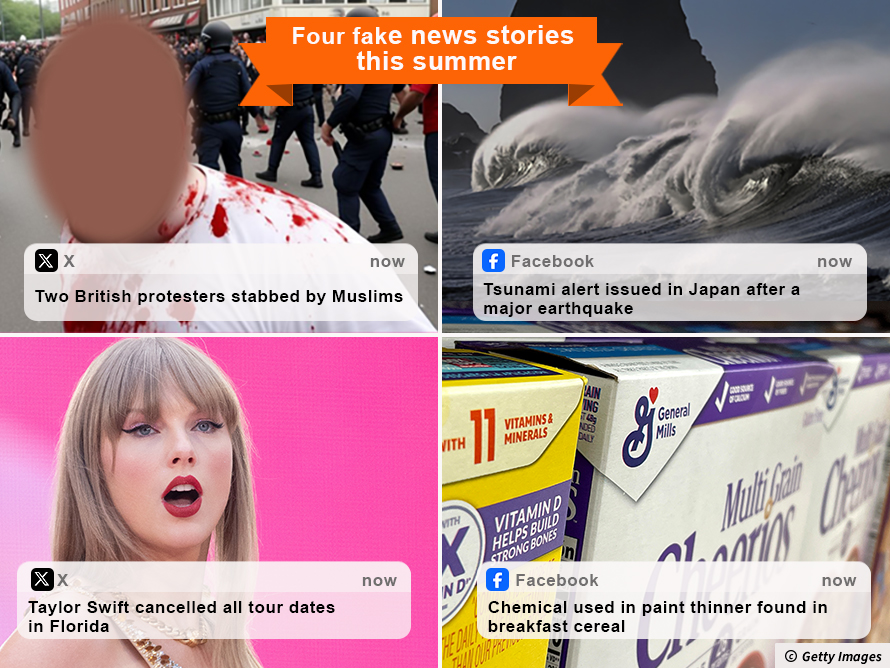Has critical thinking become life’s key skill? Last week’s riots have some asking how to stop misinformation. Some think we should treat it like a disease and vaccinate against it.
War on ‘putrid conspiracy theories’
 Anger: Sadiq Khan, one of the UK’s most senior Muslim politicians, spoke out after Elon Musk shared a fake story claiming the UK was to send far-right rioters to emergency detainment camps in the Falklands.
Anger: Sadiq Khan, one of the UK’s most senior Muslim politicians, spoke out after Elon Musk shared a fake story claiming the UK was to send far-right rioters to emergency detainment camps in the Falklands. Glossary
Far-right - A range of ideologies that emphasise social order, racial purity and the elimination of opponents.
Elon Musk - A South African-born entrepreneur whose companies have included the online payment service PayPal. He now controls Twitter, renamed 'X'.
Falkland Islands - A remote South Atlantic archipelago with a population of just over 2,800. It is a British Overseas Territory.
Misinformation - Incorrect or misleading information unintentionally presented as fact. It can be contrasted with disinformation or deliberate lies.
Curriculum - The subjects studied at school or during a course.
Online safety act - A UK law regulating "harmful" online speech and media, passed in October 2023.
Wisdom - Being wise, having lots of experience, knowledge and good decision-making skills.
Forbade - Did not allow.
Bible - The collection of religious texts that are central to Christianity. The Bible includes the Old Testament and the New Testament.
Elitist - Regarding other people as inferior because they lack power, wealth, or status.
Holistic - In medicine, it is a rounded approach to healing that considers mental, social, and physical factors as interconnected.
